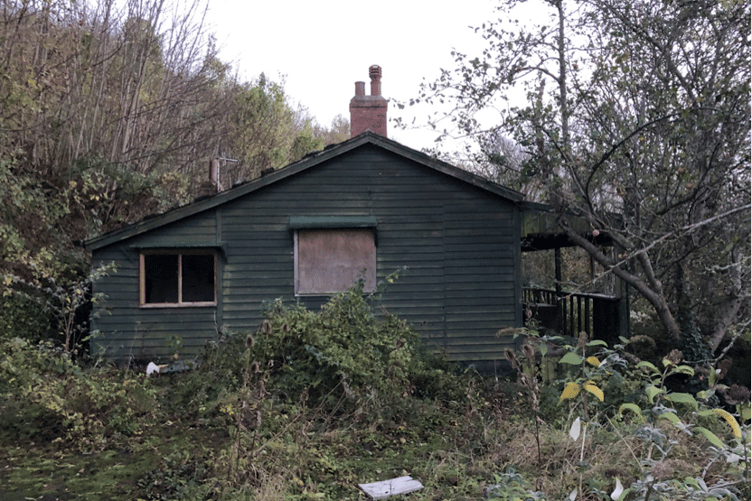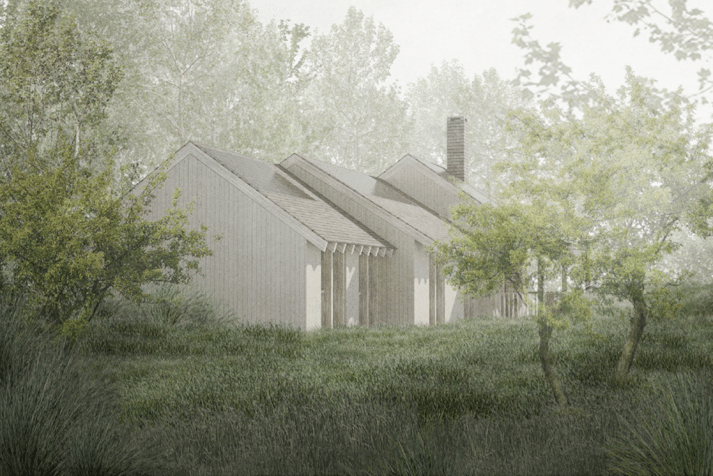A BELATED refusal of controversial plans to demolish and rebuild a derelict Exmoor wooden bungalow has been upheld by the Government’s Planning Inspectorate.
The 100-year-old property in Bossington, near Porlock, which has now stood empty for the past nine years, is next to part of the South West Coast path.
Architect Ivo Carew wanted to replace Hurlstone Bungalow with an eco-bungalow estimated to be about twice as large and in 2023 submitted a planning application to Exmoor National Park Authority (ENPA).
The authority’s members at first rejected their planning officer’s advice to refuse it and despite massive local opposition they decided to give approval last year.
But the decision was subjected to a judicial review started by the Campaign for the Protection of Rural England (CPRE) because the authority had not considered all of its relevant planning policies.

The approval was quashed and ENPA agreed to revisit the application, this time siding with the officer and objectors and refusing it.
Mr Carew then appealed the decision, only for planning inspector Oliver Marigold to rule against him.
Mr Marigold said the bungalow lay within remote countryside with ‘a notable absence of built development, with a prevailing sense of natural beauty’.
He said the access lane was now part of the King Charles III England Coast Path and although the property was ‘in a poor state of repair’, ENPA accepted it had not been ‘abandoned’.
Mr Marigold said the proposed new bungalow would be larger overall and more prominent in its rural surroundings and more intrusive in the landscape.
There would be wider views of the site from parts of Bossington Beach and also from the adjacent coast path, while more windows meant more light spillage at night, which could affect bats and also the tranquillity of Exmoor.
Mr Marigold said: “This would increase the prominence and intrusiveness of the proposal, detracting from the area’s dark skies.”
He was not convinced that screening with natural landscaping could be relied on to mitigate the harm and he felt planning conditions requiring physical measures to restrict light pollution would be ‘too onerous’.
The proposal included a separate biomass building located away from the bungalow which would add to the impact of the development.
Mr Marigold accepted the new bungalow would be built to high environmental standards, including the biomass boiler and solar panels, and would provide improved accommodation for future occupiers, who were intended to be a local family
Construction would also have social and economic advantages for the local community and building industry and the proposal would make more efficient use of the land and see small enhancements for species other than bats.
But Mr Marigold said because only the replacement of a single existing dwelling was involved, any public benefits would be relatively minor and he gave them only limited positive weight.
• Since the planning appeal was turned down, Mr Carew has submitted a new application to repair and alter the former Coastguard home rather than to build a new bungalow, which ENPA has still to determine.





Comments
This article has no comments yet. Be the first to leave a comment.